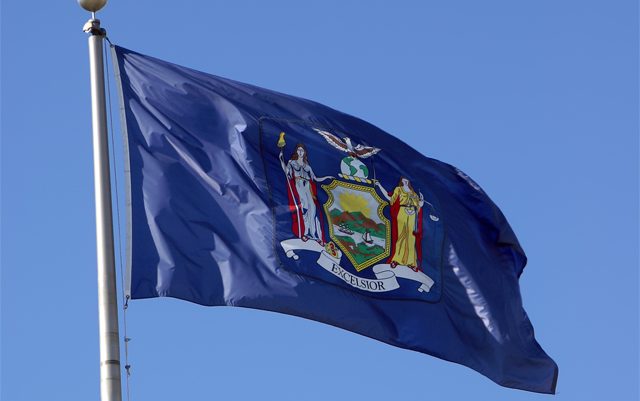At the start of 2018, New York Governor Andrew Cuomo announced that a study on legalizing cannabis was to be conducted by the state Department of Health. Last Friday, the 75-page report was turned in, and it heavily favors legalization and regulation over continuing with archaic policies of criminalization and prohibition. Their report found that the “positive effects” of legalization certainly “outweigh the potential negative impacts”, citing things like tax revenue and reducing racially disproportionate arrests as a few of the major positive outcomes of legalizing.
“Regulation of marijuana benefits public health by enabling government oversight of the production, testing, labeling, distribution, and sale of marijuana. The creation of a regulated marijuana program would enable NYS to better control licensing, ensure quality control and consumer protection, and set age and quantity restrictions.”
The report specifically determined that while there may be some “areas that may be a cause for concern”, those would be able to be controlled with proper use of public education and regulation of the herb. They suggested taxing marijuana between 7 and 10 percent, with a one-ounce limit for purchases. They estimate that legal sales could generate between $248.1 million and $677.7 million in revenue for the state within the first year, based on the proposed taxes and the size of the current illegal market.
A day prior to releasing this report, the New York Department of Health enacted emergency rules that allow the use of medical cannabis for any condition that would normally be prescribed opioids. While this is a response to the seemingly still growing epidemic of opiate-related overdoses, it shows that the state – which started off with one of the most restrictive medical marijuana programs in the country – is finally coming to realize that the benefits of cannabis far outweigh the harms preserved by prohibitionist era mistruths.
“Now you have to answer specifics,” Mr. Cuomo told reporters. “Who sells it? Where do they sell it? What quantity can you sell? That to me, the devil’s in the details. And to come up with a full program, that’s what we have to answer.”
At a statewide level, things are looking up for cannabis reform in New York. The democratic party of New York recently chose to endorse cannabis legalization, and actress Cynthia Nixon is campaigning for Governor on an anti-prohibition promise. All this, plus neighboring states moving to legalize cannabis, is leading towards a wave of change that Governor Cuomo appears to finally be accepting – sort of. He doesn’t expect legislation to move forward on the issue until next year, but it’s clear that cannabis policy reform is finally getting the attention it deserves in New York.






